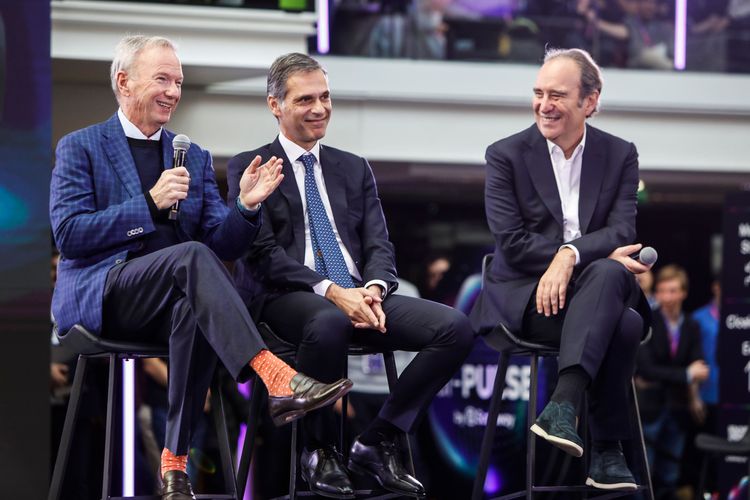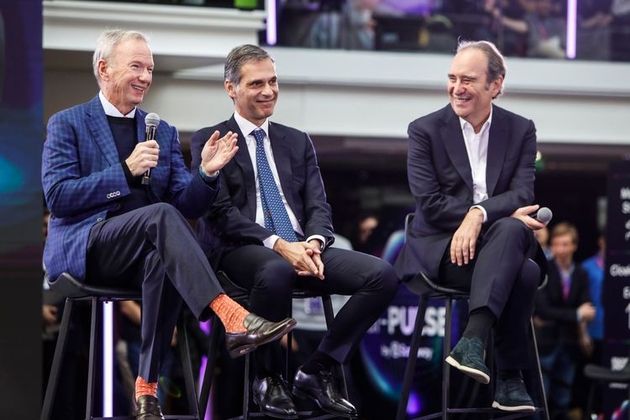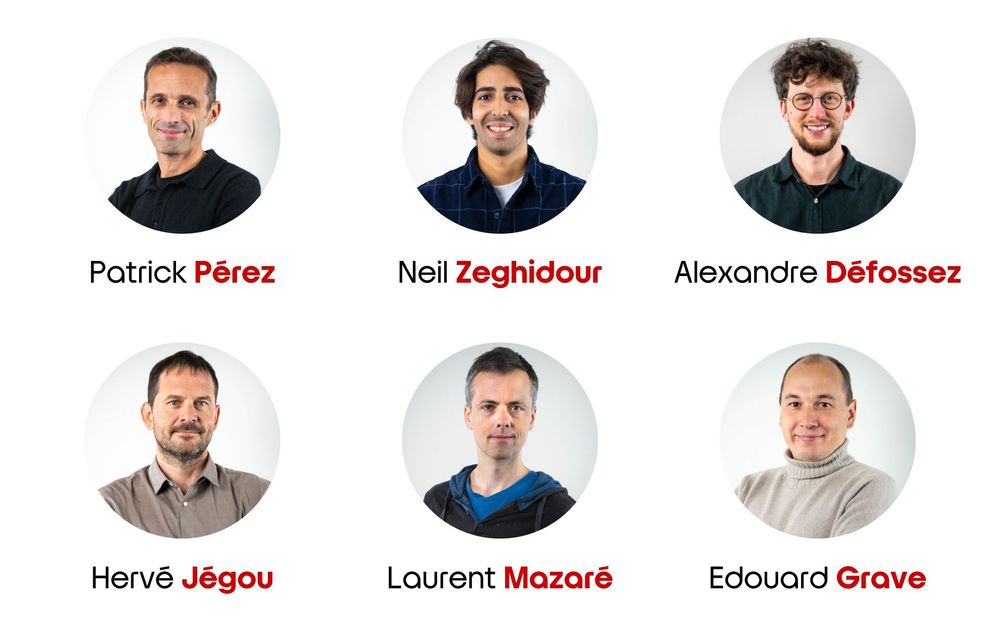Talent flight: how Xavier Niel wants to bring French AI geniuses back into the fold


Event ai-PULSE (Paris) – “I hope that tomorrow our children will use algorithms developed in France and equipped with our cultural specificitiess”. Noting that the best French researchers in artificial intelligence have left to join the private laboratories of GAFAM, Xavier Niel asked himself on stage the question of how to get them to return to the country.
Thus, the founder of Free does not intend to let the United States and China, ahead of the field of AI, impose their vision of the world. « I would like us to talk in the future about French imperialism in AI”.
To make this dream a reality, the answer is called Kyutai (pronounced “Cute AI” and meaning “sphere” in Japanese), a non-profit laboratory entirely dedicated to open research in artificial intelligence. By making the products of its fundamental research public, it aims to contribute to the democratization of AI. This so-called open science mode is opposed to the closed mode of operation of the Meta or Google DeepMind laboratories.

Xavier Niel intends to make this an argument to make French geniuses cross the Atlantic again, beyond the quality of life in Paris. Endowed with nearly 300 million euros, Kyutai also has the means to achieve its ambitions. Its three co-founders, the iliad group (Free), the CMA CGM group and Schmidt Futures, the philanthropic venture of Eric Schmidt, former CEO of Google, have each gone potty.
“There are a lot of ideas in France but not enough money, laments Rodolphe Saadé, manager of the shipowner CMA CGM. With this envelope, unique in Europe, we are filling this gap. » The majority of this financing will go towards the purchase of computing power necessary to run future models. Other private investors are invited today from other entities to join them to finance the work of this “non-profit” organization in the long term.
Yann The Cun for godfather
Xavier Niel will assume the first presidency of Kyutai whose headquarters will be based in the third arrondissement of Paris. To guide its work, the laboratory has a scientific council including Yann Le Cun, founder of Facebook AI Research (FAIR). He will then share the results of his research with the scientific community, the startup ecosystem and more broadly with any enlightened citizen. Kyutai will also train future experts in the discipline, through the reception of master’s students in internships and the supervision of doctoral and post-doctoral students.
Open science consists not only in sharing the source code of a model but also the code that was used to train it. « It is often this “secret sauce” that explains the success of the model “, explains Hervé Jégou. This former INRIA and Facebook employee is one of the first six French researchers to join the Kyutai adventure with Alexandre Défossez (FAIR), Edouard Grave (Apple MLR, FAIR), Laurent Mazaré (DeepMind), Patrick Pérez (Microsoft Research, Valeo) and Neil Zeghidour (DeepMind).
Create a new ChatGPT “from scratch”
What work will they be working on in the coming months? Unlike a Google DeepMind which tackles very concrete issues such as weather forecasting or molecular biology, Kyutai will remain well in the field of fundamental research.
One of the avenues mentioned concerns the development of large multimodal models that generate text and images but also sound, by endowing them with a visual and auditory perception. An AI will learn, for example, to draw by giving feedback to the apprentice draftsman on the current sketch.
Kyutai intends to create, “from scratch”, a large language model (LLM), of the ChatGPT type from OpenAI or Bard from Google in order to master the technical base and intervene on all stages of design and training. It is also a question of proposing an alternative to the “Transformers” models used in most computer vision or text generation applications. Finally, an effort will be made on the explainability of the models to avoid the “black box” effect.








